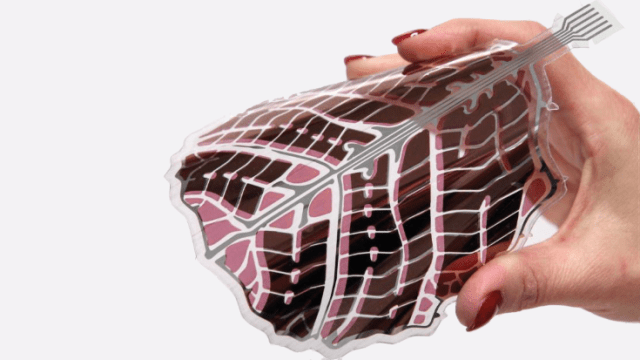Touching Primes the Brain to Learn and Care for Others

Constant touching and emotional warmth are essential to cognitive development, helping the young to socialize, and relieving stress and tension at all ages, yet our educational and professional environments are skeptical of touching, often for litigious reasons.
A wealth of research supports the claim that social isolation and coldness have knock-on effects that are potentially damaging in the long term, Maria Konnikova explains at The New Yorker.
She refers to a ruthlessly efficient system, called the leagăne, intended to increase the Romanian birthrate — and by extension, its economy — through the 1960s and ’70s. Bans on contraception and abortion resulted in a population spike, but thousands of infants were raised in understaffed orphanages, experiencing sensory deprivation in their formative months.
Harvard medical researchers, upon learning of the leagăne, decided to test the biometrics of individuals born into isolation. They found skewed levels of cortisol, a hormone which regulates stress in the body, and stunted cognitive development.
Antonio Damasio, cognitive scientist and director of USC’s Brain and Creativity Institute, explains that the body is essential in receiving information that we normally believe the brain can process:
“The body itself is being the border and the translation service that will allow the outside world to come into the brain. So we do not get the outside world coming into our brain, which really means coming into our mind directly; there’s no such thing. The outside world comes into your mind via your body. The body is constantly being the broker; it’s in between.”
In a series of studies conducted in 2014, researchers found that physical touching in the form of hugs exerted a socializing influence, which in turn boosted individuals’ immunity to catching a cold. And other studies have found that giving massages to elderly individuals helps provide a more positive social experience than conversation alone.
Johns Hopkins University neuroscientist David Linden says, “The electric touch of romantic love, the unsettling feeling of being watched, the relief of pain from mindful practice, or the essential touch that newborns need to thrive” all flow from “the evolved nature of our skin, nerves, and brain.”
Remarkably, touch still suffers from a negative stigma in schools, because it’s perceived as dangerous, and in the workplace, because it’s considered creepy. But some of the emotional and health benefits that result from touch could change our social groups for the better.





